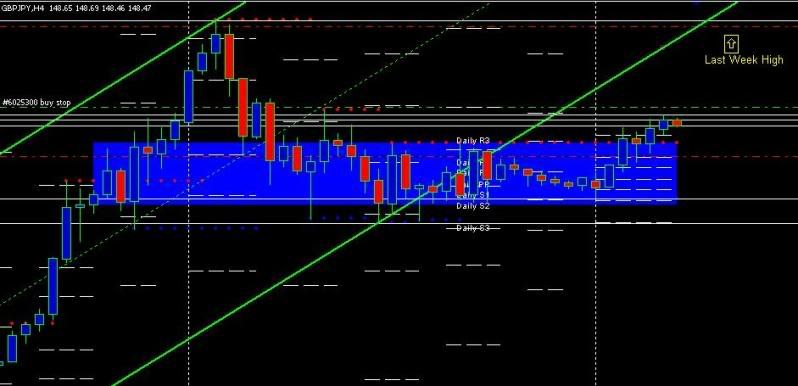Your planning begins at the analysis stage. It�s here where you�re laying down the aims & framework of your trade.
It doesn�t need to be complex or deep. A basic, easy to follow structure of what your primary intention is for the position is all you require.
It might be a short range, intra-day or intra-session foray into the market based on a one-off event (technical or fundamental).
You might be considering a slightly longer-range attempt to run your position up or down the price grid based on your overall assessment of current events.
It also might morph into a trade-off of the two.
For instance, you might well have entered say an hour after the London Open, with the sole aim of exiting the trade at a pre-defined level. However, price accelerates through your intended profit level & gathers pace. You now have the option of booking a little profit on the deal & re-structuring the position as a whole. Although you’ve entered the market with a defined plan, your preparation allows for a little flexible management.
That type of scenario, which occurs more often than not out there, is a by product of a well drilled structure.
Once you got the outline of what it is you�re looking to achieve, you can wrap your specifics (entry criteria, stop loss, staged targets etc) around the intent or framework & plan for all eventualities.
Part of those eventualities will include your get out clause. If you enter the trade & the price action fails to play ball at any time after the entry, you absolutely got to know exactly where you�re going to bail & what proportion of your position (part, full etc) is getting cashed.
Usually it will be at a level or zone that tells you you�re wrong in your initial assessment of the trade.
If you�ve already encashed partial stake & you�re looking to re-evaluate your trade, you should already be aware of what circumstances will influence your decision to re-structure the position.
This discipline & practice will ensure you�re adequately prepared & protected in the event of circumstances taking an unexpected positive or negative turn.
You should never be surprised or caught with your pants down in the market. If you get spooked or you begin to doubt your presence in a trade, then you haven�t done your homework properly.
Planning is everything in this business. If need be, prepare a basic checklist of what you need to keep you focused. Preparation is good for confidence. Don�t underestimate the benefits of a well prepared & confidently drilled game plan.






















